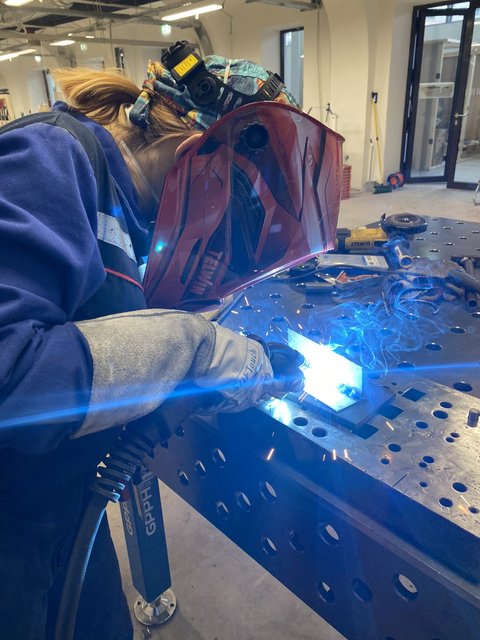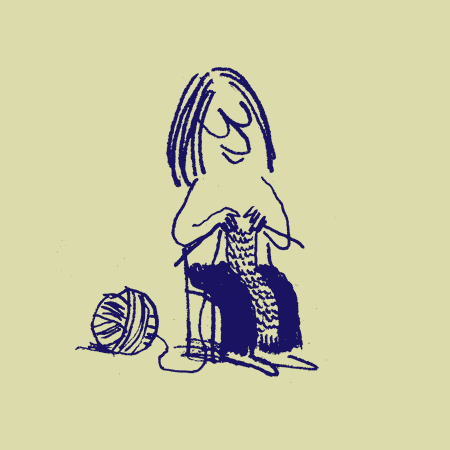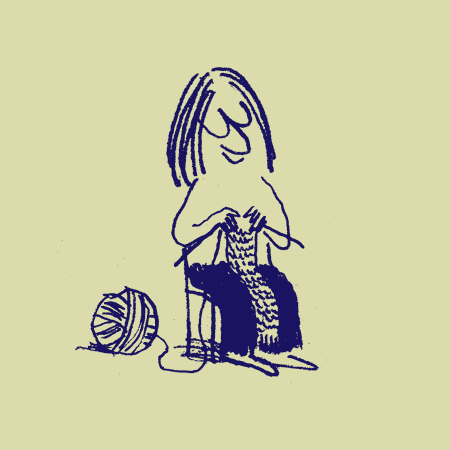Project Shared Spaces - Shared Futures
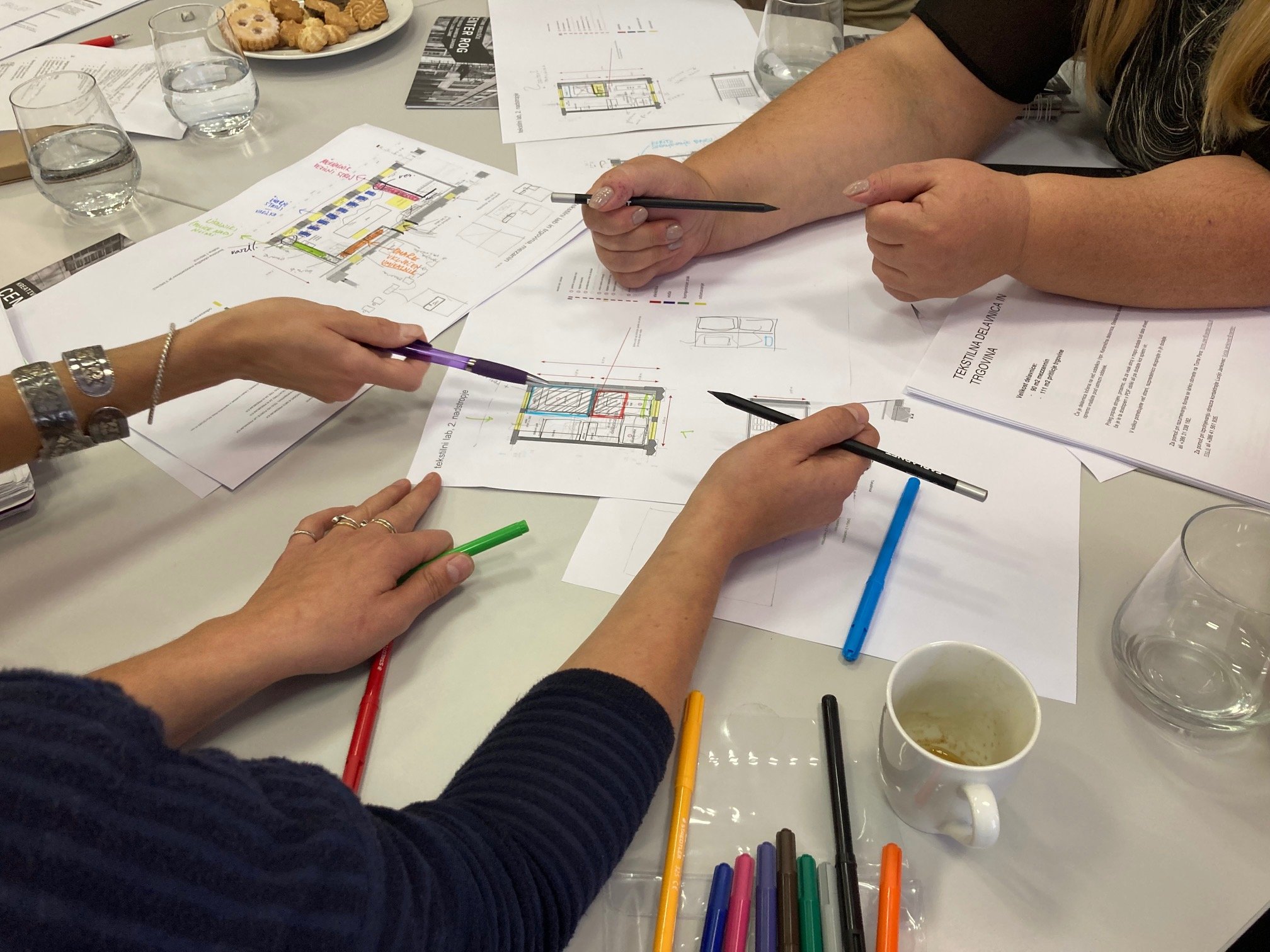
The Rog Centre is launching a participatory project, supported by the European Cultural Foundation, to help define how we operate in the future.
Five interdisciplinary working groups consisting of creatives, intellectuals, cultural managers and members of the public will identify practical solutions to both the specific challenges faced by the Rog Centre and the more general societal issues we are seeking to address. For each of the groups we have selected a coordinator, either an organisation or an individual, all of whom have experience of participatory processes, and these coordinators have invited others with relevant experience to join their groups.
The outcomes of this project will help us define our methodologies, both in terms of management and programme, and will also provide a tool for other organisations seeking to establish their institutional DNA; and they will be presented as part of an international public consultation scheduled for June 2022.
Between January and June 2022 these expert groups will draw up recommendations in the following areas:
1. Participatory governance – group leader Karolina Babič
This group will develop participatory methods to be used in the Rog Centre, including in the implementation of its participatory budget; propose guidelines on the involvement of users in tendering processes, including membership of tender review panels and the evaluation of applications received for the use of premises and services; and advise on the appointment of representatives to the Rog Centre’s consultative body, and their roles on it.
It will also draw up two sets of guidelines: the first on the use of digital support in participatory decision-making and the second on the training of users and members to enable them to contribute effectively to participatory processes.
2. Inclusion of creatives from the refugee and migrant populations – group leader Romana Zajec, Zavod Apis
This group will develop two models, the first for the inclusion of refugees and migrants in the Rog Centre’s public programmes for its shared production labs, both as users and as mentors; and the second for including them in the Rog Centre’s applied arts residency programme. Its proposals will be tested in a pilot project scheduled for the autumn of 2022.
The key guiding principle of this group will be to see refugees and migrants not just as vulnerable groups in need of additional help and support in order to aid integration, but also as knowledgeable and creative individuals who can make a positive contribution to our society.
3. Gender and technology – group leader Teja Reba
This group will draw up practical guidelines to encourage the inclusion of women at the intersection of technology and fabrication, and to promote the recruitment of qualified women to manage Rog Centre production and education activities. It will also draft the Rog Centre’s Gender Equality and Diversity Action Plan in line with the European Commission’s Gender Equality Strategy.
4. At home in public space – group leader Urška Jurman, KUD Obrat
This group will draw up proposals for protecting and sharing public spaces for the benefit of all – people, animals and plants – and will also identify possible community uses for the Rog Centre’s public park, to be evaluated in a pilot project in 2023. It will consider the challenges and opportunities presented by the Rog Centre’s public green space in terms of layout, use and management, always with the aim of ensuring quality of life, environmental protection and a sense of interconnectedness within the urban environment against a backdrop of increasingly obvious climate change, social stratification and declining biodiversity.
5. Systemic development of a cross-sectoral creative ecosystem – group leader Matevž Čelik
This group will address ways of fostering development and cross-sectoral cooperation in the applied arts in Slovenia, mapping needs and examining examples of good practice. It will then draw up an advocacy plan and propose a model for a national call for cross-sectoral product development, in the hope that this kind of national support will help develop a creative ecosystem in which most of the spatial and technological infrastructure required has been, or will be, provided by the municipalities.
See more
Urška Sadar
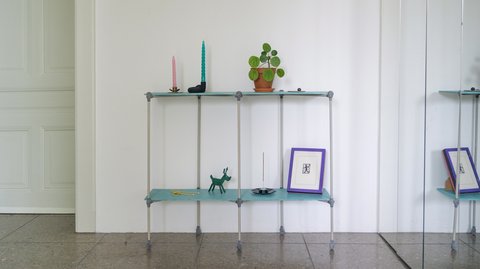
Designer and architect Urško Sadar is interested in the connection between modern and traditional techniques, exploring unpredictable forms and designing objects with added value. In the project she will be developing at the Rog Centre, ...

